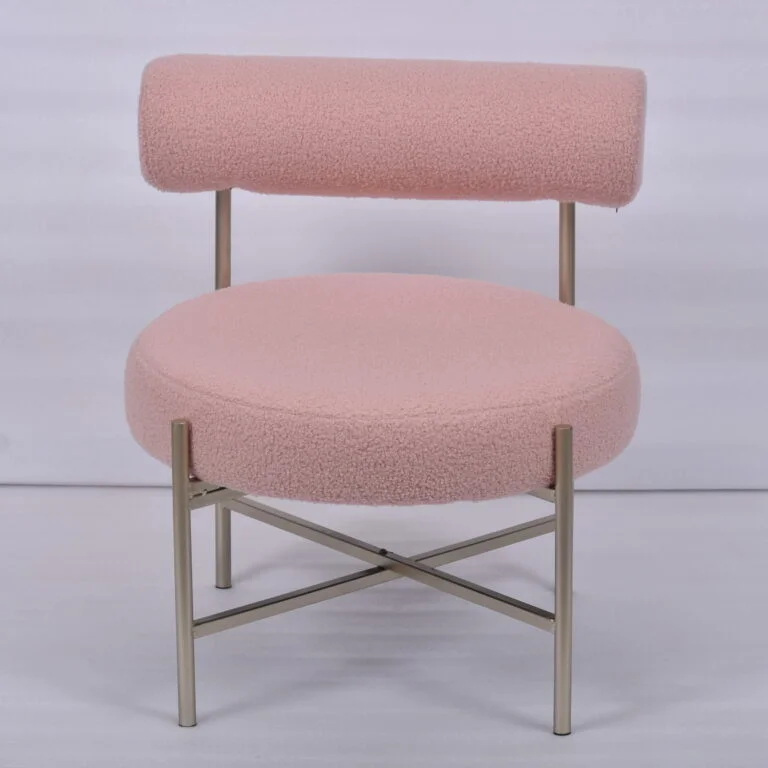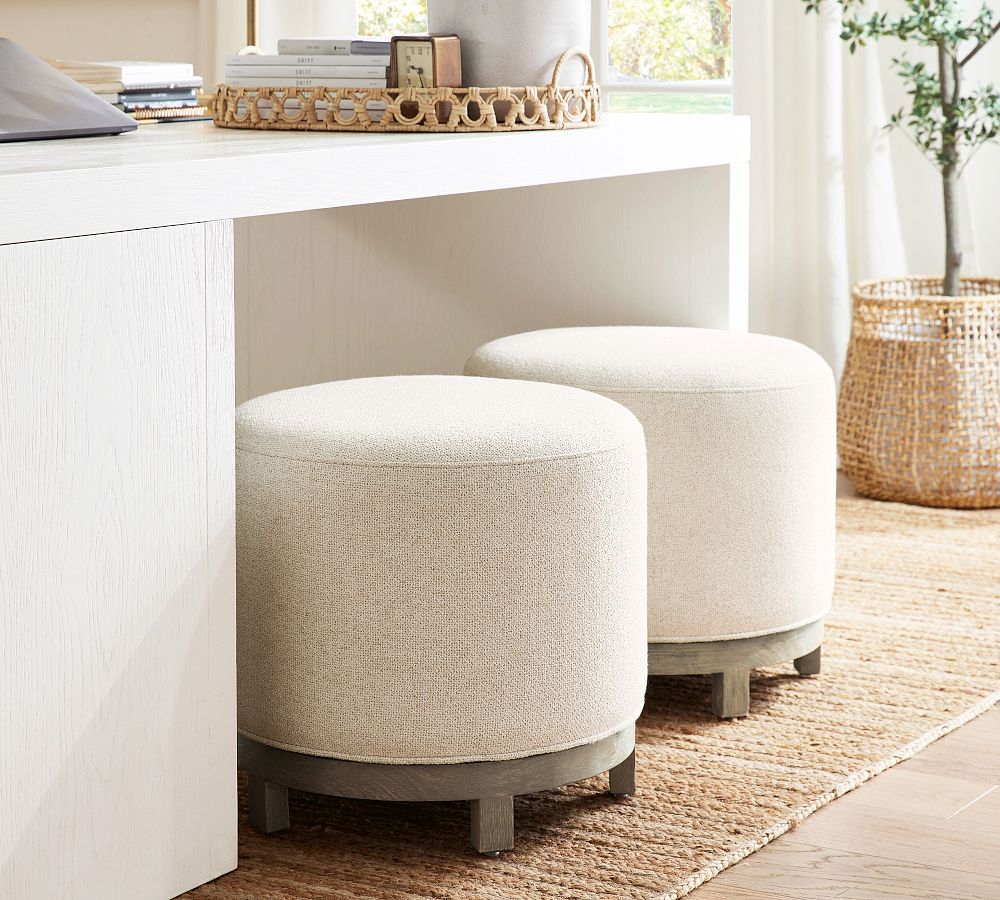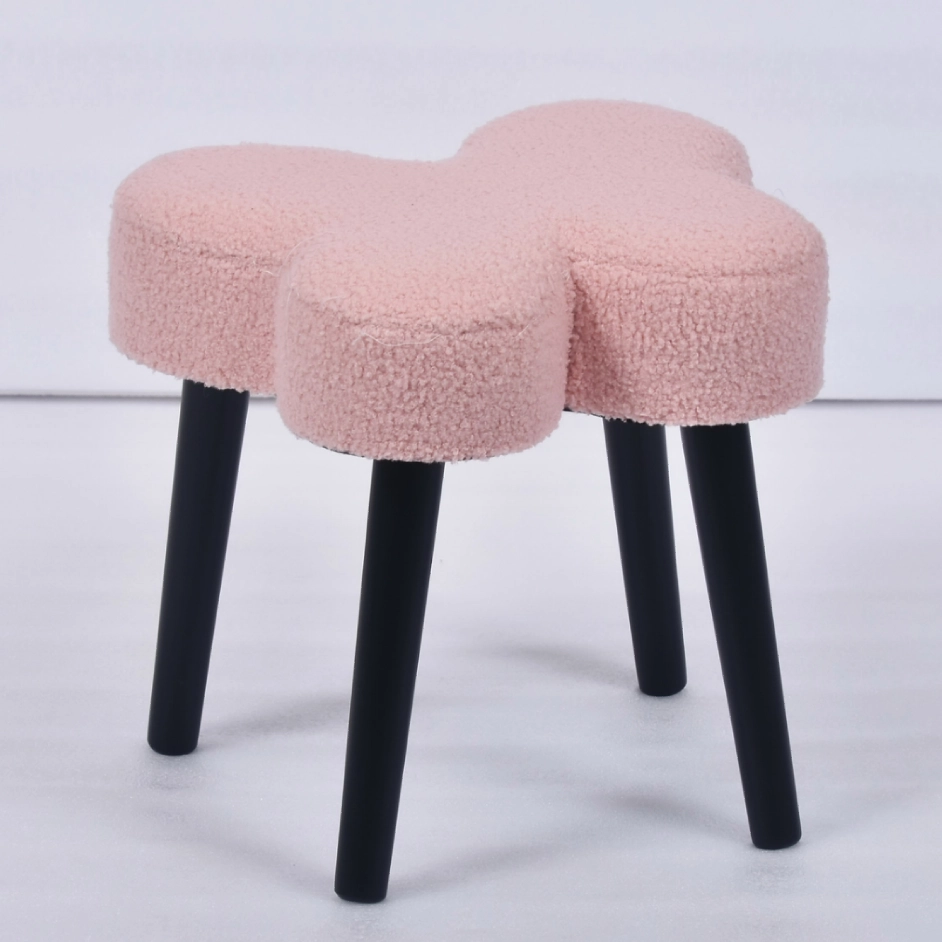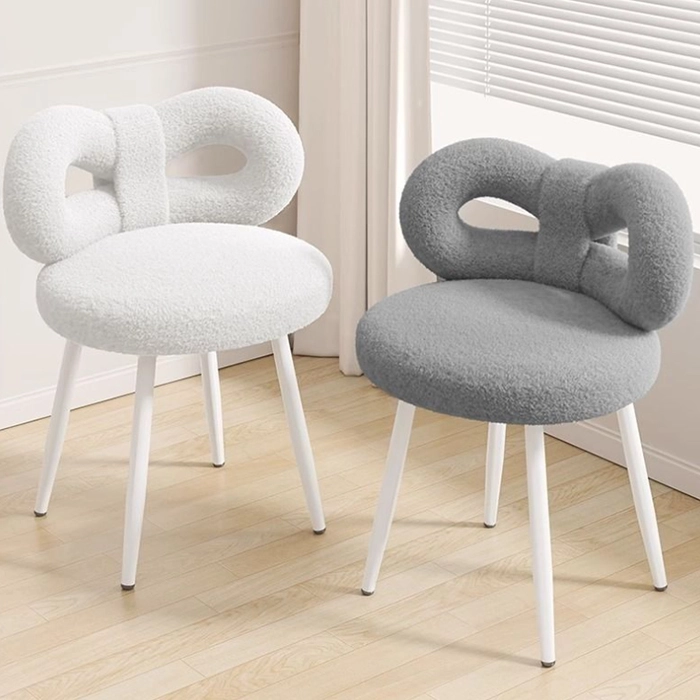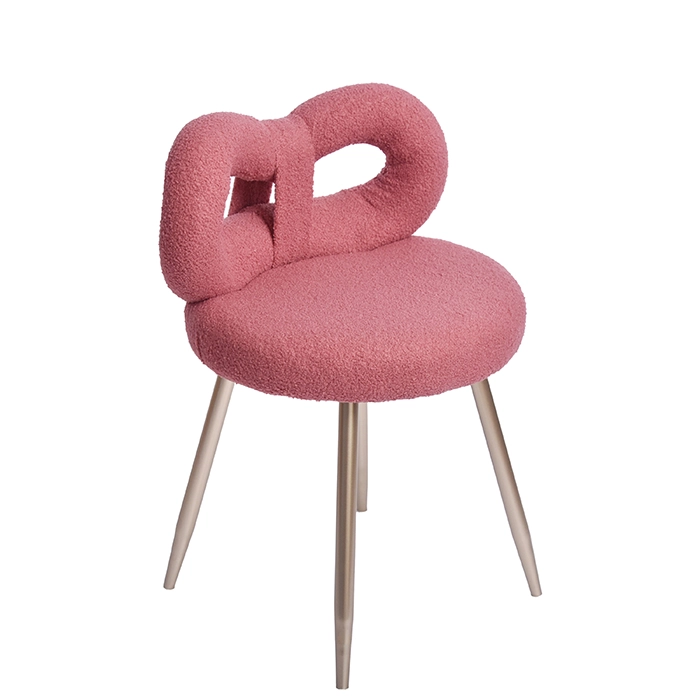Dining Bench
A dining bench is a versatile and space-saving seating option for dining areas, offering a casual and stylish alternative to traditional chairs. Here are key aspects to consider when choosing or designing one:
1. Types of Dining Benches
-
Backless Bench: Minimalist and easy to tuck under the table.
-
Upholstered Bench: Adds comfort with padded seating (great for longer meals).
-
Storage Bench: Features built-in storage underneath (ideal for small spaces).
-
Corner Bench: Fits snugly into L-shaped dining nooks.
-
Convertible Bench: Can transform into a table or extra seating when needed.
2. Materials
-
Wood (oak, pine, walnut): Classic, durable, and warm.
-
Metal (iron, steel): Industrial or modern look.
-
Rattan/Wicker: Lightweight and boho-chic.
-
Upholstered Fabric/Leather: Softens the look and adds comfort.
3. Size & Proportions
-
Length: Typically 36–60 inches long (fits 2–4 people).
-
Height: Standard dining bench height is 18–20 inches (match to your table’s apron/leg space).
-
Depth: 14–18 inches for comfortable seating.
4. Style & Design Tips
-
Farmhouse: Rustic wood with cross legs.
-
Modern: Sleek lines, metal accents.
-
Scandinavian: Light wood, minimalist design.
-
Mix & Match: Pair benches with chairs for eclectic charm.
5. Pros & Cons
✔ Space-efficient (fits more people than chairs).
✔ Casual, family-friendly vibe.
✔ Can double as extra seating or entryway decor.
✖ Less back support (unless upholstered with a backrest).
✖ Harder to move than chairs.
6. Placement Ideas
-
Under a long rectangular table.
-
In a breakfast nook with a round table.
-
Along a wall with floating shelves above.
Would you like recommendations for a specific decor style or space size?
